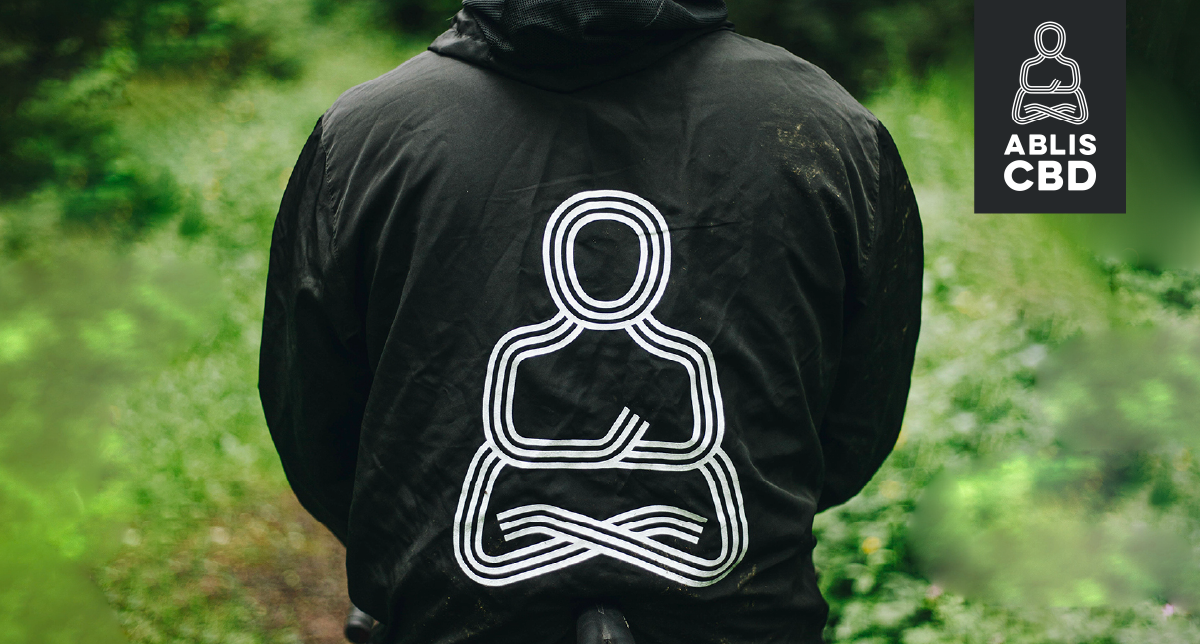It’s no surprise that we get asked a lot about the legality of CBD.
We totally get it! It’s a lot of information to absorb, and the laws have evolved a lot over the past few years.
It can be overwhelming when navigating CBD products. There are so many to choose from, and new ways to manufacture and consume CBD are being created at a pretty crazy rate.
This has caused a lot of confusion around the legality of hemp-derived products like CBD, so let’s clear the air and break down the legal stuff.
Embracing Hemp Products
The U.S. is finally embracing hemp products and the possibilities of CBD, but it hasn’t always been that way.
The 1970 Federal Controlled Substances Act categorized cannabis and hemp as a Schedule 1 substance. This restricted the public’s access to cannabis and hemp-derived products for decades until states began to realize the potential of hemp.
Hemp got a bad wrap for a long time until the government realized it was a hot agricultural commodity.
Luckily, Ablis is located in Oregon. We are lucky to have some of the most quality hemp to produce our CBD because our state was way ahead of the curve.
Oregon has historically been one of the most progressive states in terms of cannabis laws, and our hemp laws followed suit. We legalized medical cannabis in 1998 and recreational cannabis, including hemp, in 2014.
So, we were more than ready to contribute to the growing CBD market.
The Legalization of Hemp
The Farm Bill was passed in 2018.
This bill legalized hemp cultivation and CBD extraction on a federal level by making a clear distinction between hemp and marijuana-derived products.
It also placed the regulations for CBD in the hands of the FDA. The FDA allows CBD products, with 0.3% of THC or less, to be sold anywhere (as long as they don’t make any big health claims).
The interest and the demand for CBD was pretty much instant. And that’s when Ablis switched from THC-infused products to all CBD.
We decided to take advantage of the amazing hemp here in Oregon and create products that supplemented an active lifestyle with CBD.
Related: Clearing the Top CBD Myths
THC vs. CBD Legality
THC is still illegal federally, but CBD is now legal in most states.
THC is the cannabinoid found in cannabis that gives you a high sensation, which is not the case with CBD.
Since recent studies have been able to isolate and research specific cannabinoids, it has been confirmed that CBD does not contribute to any of these psychoactive effects, leading lawmakers to revisit hemp legislation and eventually pass the Farm Bill.
Because of this, THC is still federally illegal and categorized as a Schedule 1 drug.
Since the CBD cannabinoid can be isolated from THC, CBD products are available almost everywhere in the United States.
Although CBD is legal on a federal level, there are a few states that still have strict regulations when it comes to hemp and CBD.
Related: Can CBD get you high? The Scoop on CBD vs. THC
Hemp is Still Illegal in Some States
Certain states have still banned the cultivation and manufacturing of hemp products.
Idaho, Nebraska, and South Dakota do not allow any production of hemp or hemp-derived products locally, however their shipping laws are a little unclear. More clarification is required before we’d recommend having CBD shipped to these states.
Each state with CBD friendly laws now has regulations for hemp. They do vary, but all regulate labeling, cultivation, and testing.
However, regardless of the state, CBD products must contain no more than 0.3% of THC to meet federal regulations laid out by the FDA and in the Farm Bill.
Testing requirements break down all cannabinoids present and determine if any pesticides or solvents were used. Legitimate CBD products will be labeled with a lot of this information.
The Different Types of CBD
It’s good to know the difference between full-spectrum, broad-spectrum, and CBD isolate.
These three distillation processes allow certain cannabinoids, like THC, to remain in the finished product or not depending on the desired result.
Full-spectrum is the least processed, with all of the cannabinoids present in the hemp, including small amounts of THC. The THC levels will not exceed 0.3% of course. The THC is present to aid in what’s called the “entourage effect.”
The THC and other trace cannabinoids are said to help facilitate the absorption of the CBD, which can be beneficial for some. It all just depends on how your body responds to CBD.
Broad-spectrum goes a step further, removing all the THC cannabinoids, but leaving other trace cannabinoids behind. This is a safer option if you’re looking to keep THC out of your system, as it has been known to build up over time.
The CBD isolate distillation process isolates the CBD from all other cannabinoids found in the hemp plant, leaving you with CBD and CBD alone. This is the safest and most legal option.
This is the method used for the CBD used in Ablis’ products. That’s why we are allowed to ship nationwide.
Related: CBD Isolate Definition and Broad vs. Full Spectrum
Always Read the Label
This is key. The label will give you a lot of information like the amount of CBD in the product, where it was manufactured, what type of CBD it is, the batch number and date, dosing suggestions, and a list of all ingredients.
If you’re worried about travel/shipping restrictions or keeping your system free of any THC for possibly a drug test at work, read labels carefully, and make your decisions accordingly.
*The statements above have not been evaluated by the Food and Drug Administration. Our products are not intended to diagnose, treat, cure, or prevent any disease.
